
A low pick. The mystery was OK but I liked the Saskatchewan setting, as I've not read many books set in that province of Canada.
#192025 #1994 @Librarybelle
#ChristmasCrimeChallenge (cosy) @Ruthiella @RaeLovesToRead

A low pick. The mystery was OK but I liked the Saskatchewan setting, as I've not read many books set in that province of Canada.
#192025 #1994 @Librarybelle
#ChristmasCrimeChallenge (cosy) @Ruthiella @RaeLovesToRead
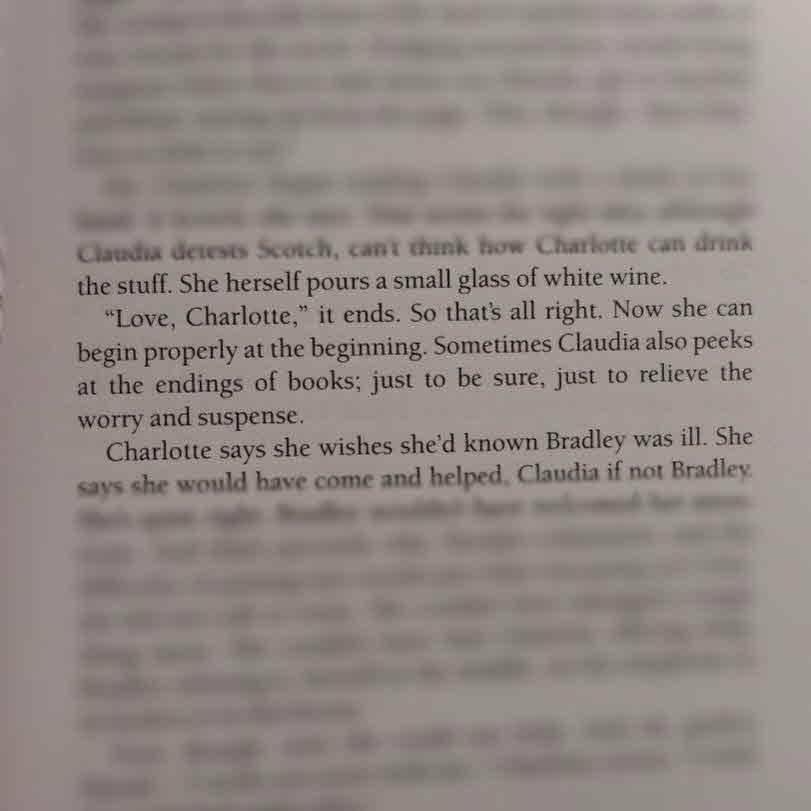
Me too, Claudia. Me too.
I often read the end of the book to relieve my anxiety. And a few years ago, I discovered my mother does too. Sacrilege perhaps but I still do it. (And it rarely reveals much.)

This is why I follow the Women's Prize each year more than any other.
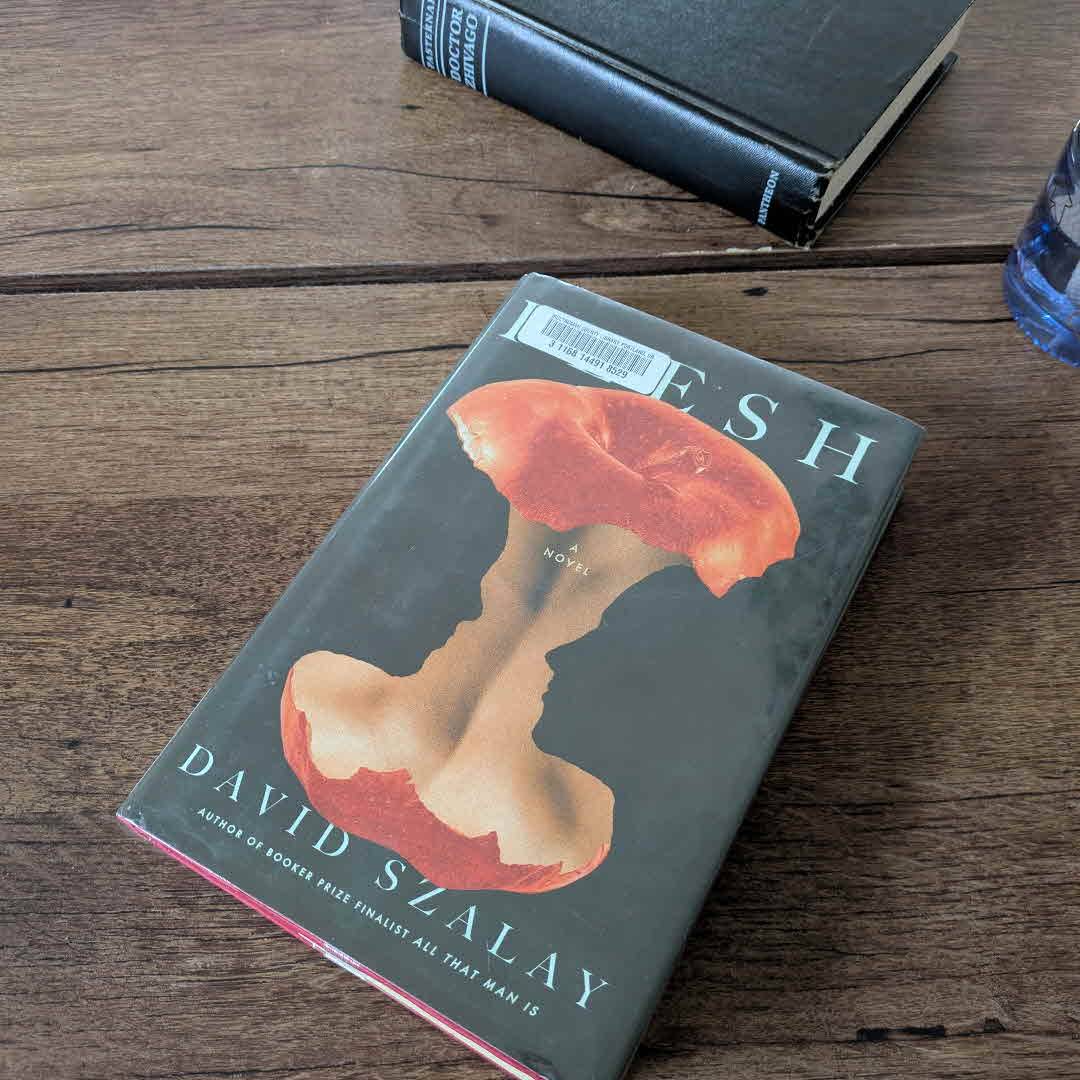
I enjoyed this. As others have said the writing style is paired down and sparse. I think that reflects both the idea of the Eastern European and the Man. This is a character study and can be taken quite philosophically.
It is also a bit depressing! István goes along to get along and that leads to some really unfortunate situations. I really appreciate how Szalay portrayed mental health in aan we would assume avoids it.
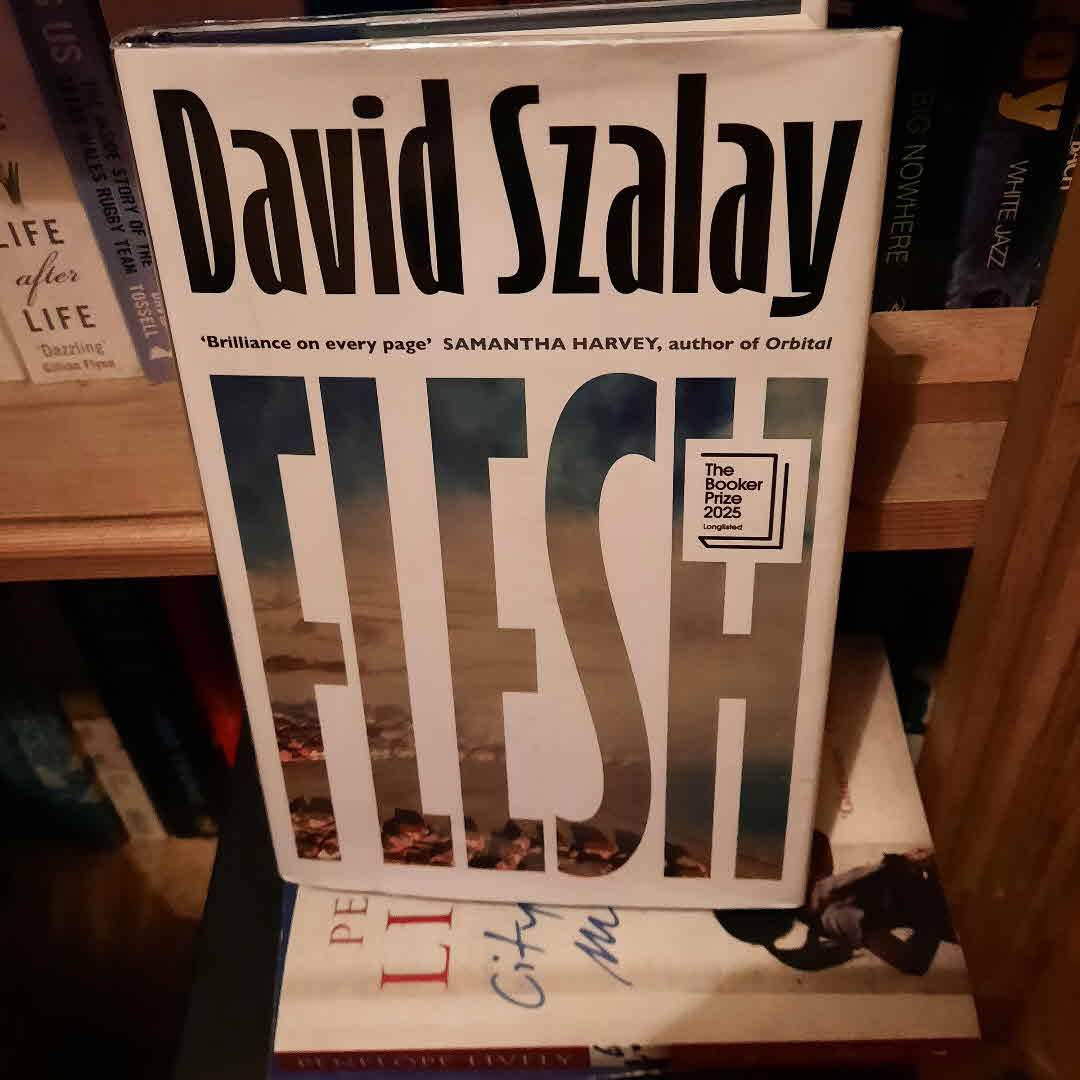
I finished this just b4 the prize announcement. I see the merit in the life story of Istzan, a Hungarian immigrant, + found the book v absorbing but I dont know if I actually liked the book. Its a book abt modern masculinity, so he is monosyllabic drawn into sexual relationships and struggles to express his feelings, including significant losses. It certainly is a book to discuss in a time where toxicity of negative male influences is prevalent.
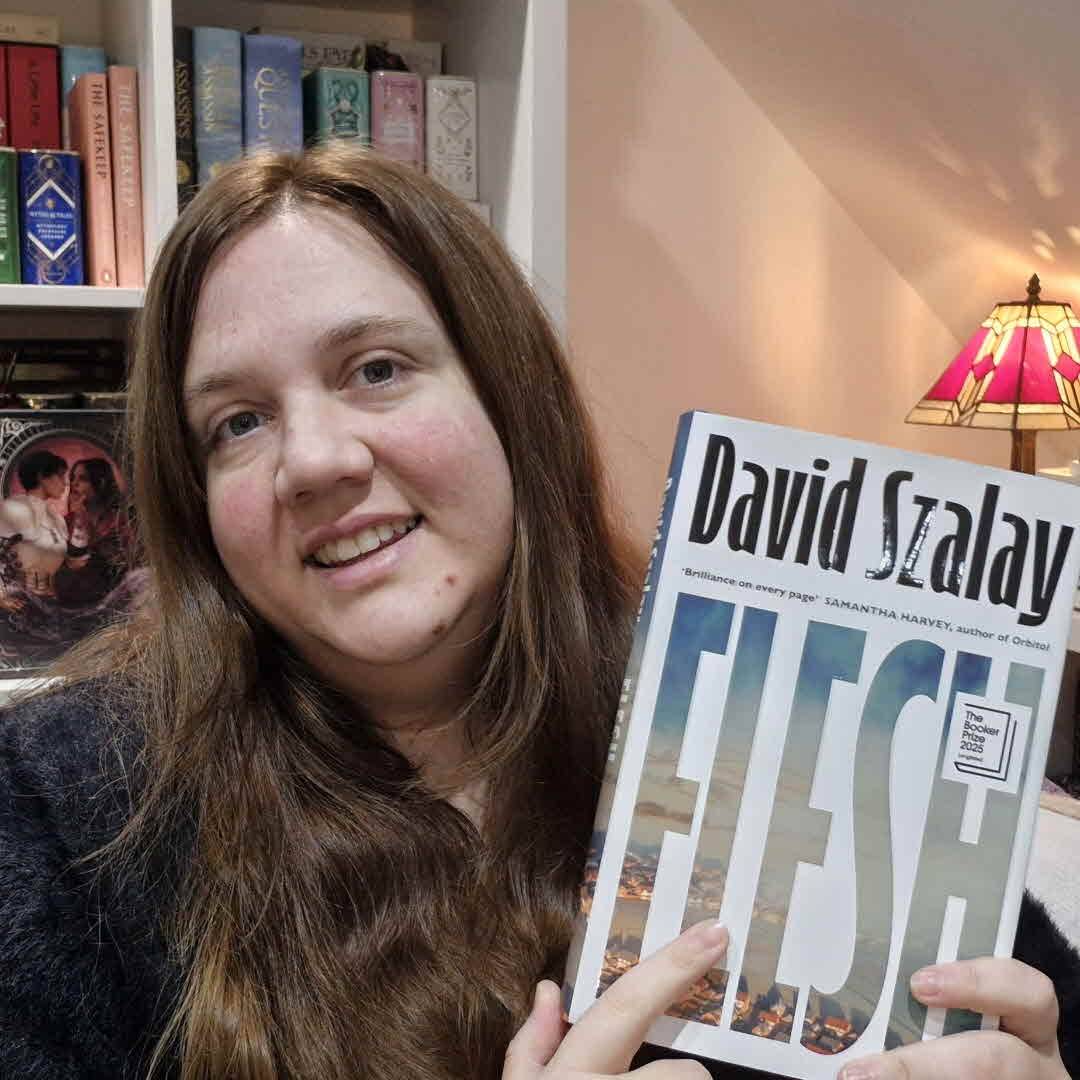
https://youtu.be/QZkjTuw3Tvw?si=97d1Shc_4_tBKZbE
Thoughts on this year's Booker winner.
Still ill and droopy lol.
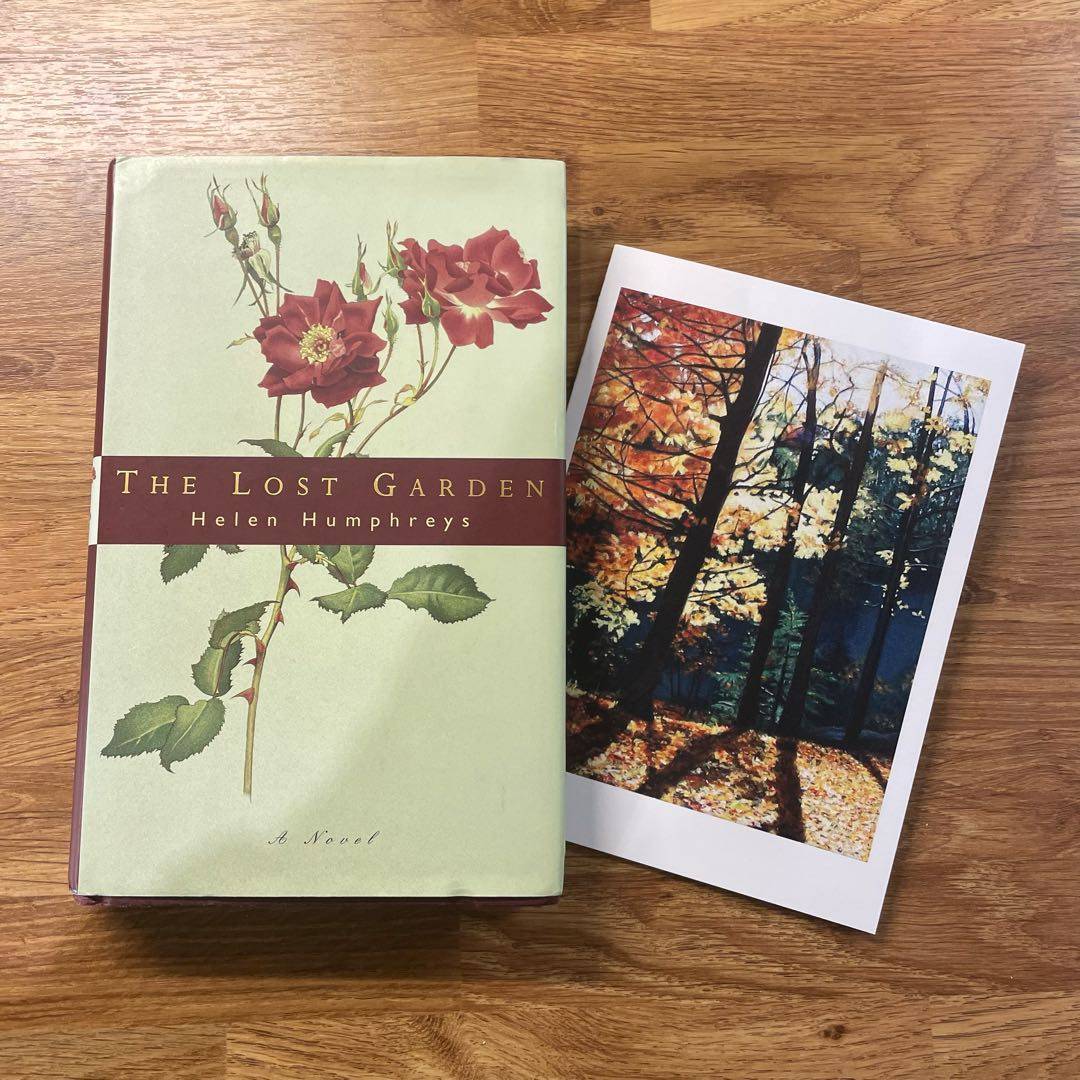
Thank you so much for this lovely gift, Megan! @TheKidUpstairs ☺️
I bet you thought it was lost in the post, didn‘t you? It looks like you posted it in September! 🤨
I‘m glad you like it so much and that makes me look forward to reading it even more! ❤️
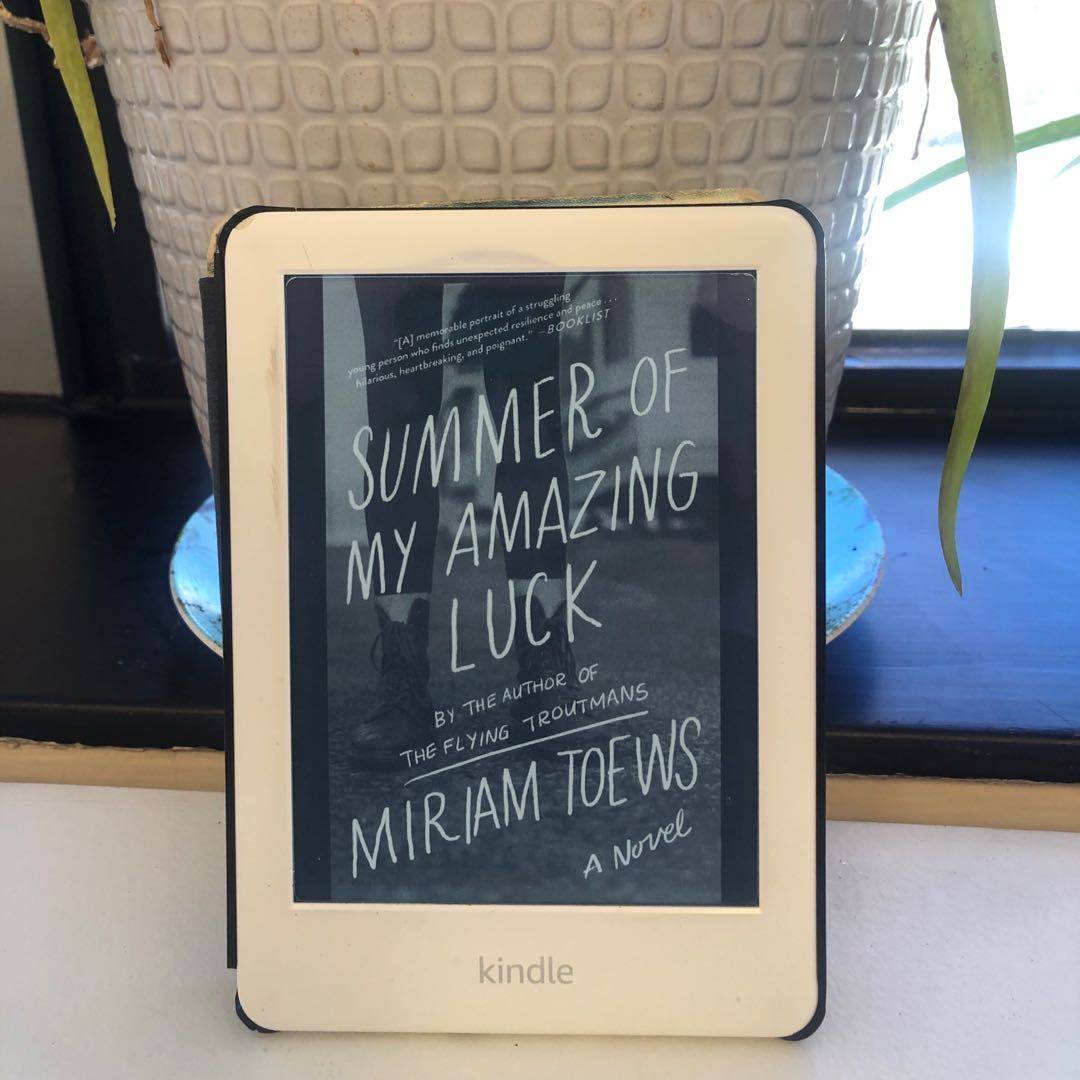
I wish more had happened in this book. The characters were interesting, but the story just kind of wandered. Low pick.